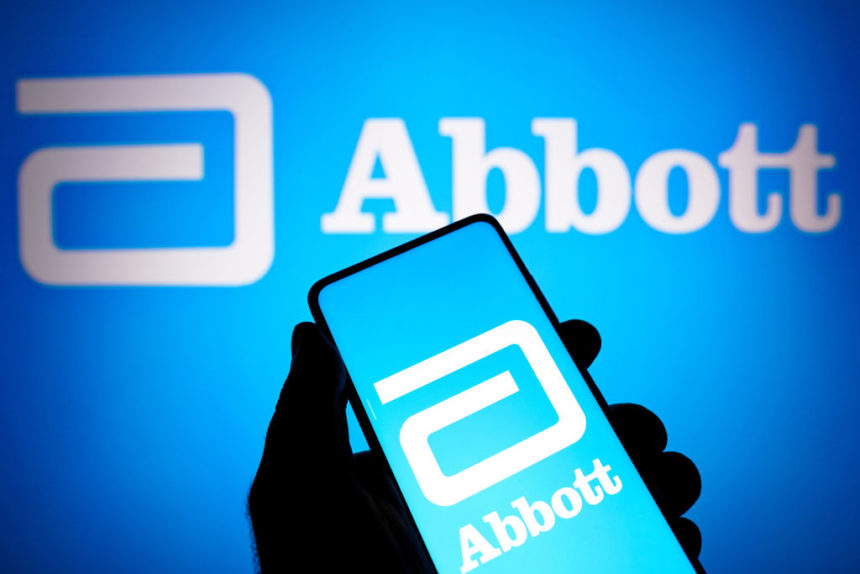The Federal Trade Commission is probing Abbott Laboratories and other infant formula suppliers for allegedly colluding on bids for lucrative state contracts, according to The Wall Street Journal.
The agency is investigating whether Abbott, Nestlé and Reckitt Benckiser “engaged in collusion or coordination with any other market participant regarding the bidding,” The Journal reported Wednesday, citing documents posted to the FTC’s website.
A Nestlé spokeswoman confirmed to The Journal that the company received a request from the FTC for information related to these state contract bids. In light of the news, Abbott’s shares were down about 1% during the Wednesday morning trading session.
This marks yet another federal investigation centered on Abbott, which is the subject of a criminal probe from the Department of Justice as well as an investigation from the Food and Drug Administration into conduct at a company infant formula plant in Sturgis, Michigan.
The DOJ investigation, launched in January, stems from an abrupt production stoppage at the facility last year following several complaints of serious bacterial infections as well as the report of a baby’s death after consuming contaminated infant formula produced there.
The subsequent manufacturing halt and voluntary recall of Similac led to a severe nationwide infant formula shortage that lasted from February to July 2022.
Abbott endured months of unrelenting criticism from parents in search of replacement products as well as lawmakers who sought to mitigate the supply chain issues related to the manufacturing stoppage.
One year later, though, things have seemingly turned around.
After a few quarters of significant declines in sales of its pediatric nutrition products, Abbott announced in its most recent earnings report that sales for those offerings, including infant formula, increased 9.2% on a reported basis during Q1, while domestic sales increased 36.1%.
Meanwhile, the FTC continues its recent streak of making headlines by taking action to hold major healthcare players to account.
Last week, the agency sued Amgen in order to block its nearly $28 billion planned takeover of Horizon Therapeutics, an Irish biotech focused on developing treatments for rare diseases. The FTC cited “rampant consolidation” among pharma companies as one of the reasons it would challenge the proposed merger.
Amgen and Horizon pushed back on the agency’s claims that there is a competitive overlap with their respective medicines and maintain that they are aiming to close the deal by mid-December. However, the FTC’s involvement prompted at least one industry leader to publicly take sides.
Regeneron CEO Leonard Schleifer told the Financial Times that he supported the FTC’s legal action to block the proposed deal.







